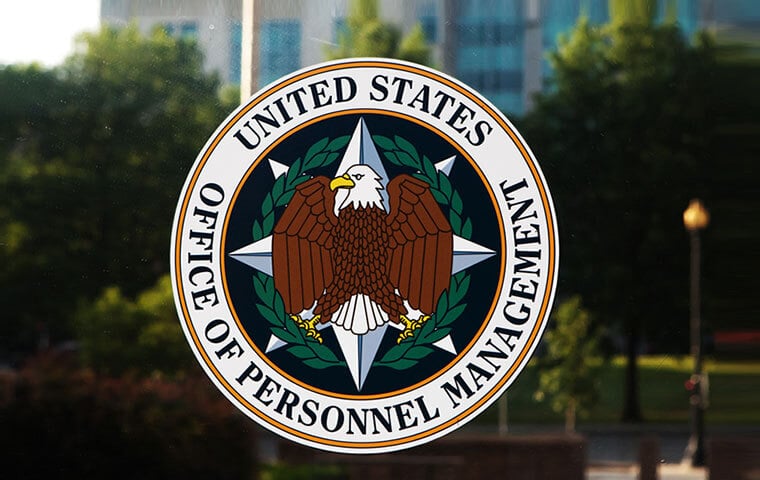 OPM also said special consideration should be given to authorizing remote work for newly hired employees or those coming from another agency. Image: Mark Van Scyoc/Shutterstock.com
By: FEDweek Staff
OPM also said special consideration should be given to authorizing remote work for newly hired employees or those coming from another agency. Image: Mark Van Scyoc/Shutterstock.com
By: FEDweek StaffOPM has told agencies that while remote work “can be a significant benefit to employers for certain types of roles in certain circumstances,” it is “not suitable for all types of roles.”
Remote work should be “thoughtfully and intentionally implemented” OPM said in a memo on chcoc.gov, with special considerations needed for situations including newly hired employees and where employees live within a reasonable commute of an agency duty station.
In remote work, employees are not expected to report on a regular basis to an agency site, in contrast to telework, in which they are. OPM said it was issuing the guidance because “agency human capital and other senior leaders have requested additional guidance with respect to the application of remote work policies to provide consistency in the way agencies are considering remote work arrangements across the government and to reflect learnings from across the federal enterprise.”
Remote work constitutes only a small share of offsite working but has drawn attention from some Republicans in Congress who question whether employees may be receiving higher locality pay rates of the agency site even though the employee’s home functions as the official duty station.
There is some evidence that has happened. In June, the Commerce Department IG sampled 31 employees from various bureaus who had switched to remote work—or full-time telework that effectively is remote work—to a location with a lower locality rate than that of the former location and found that seven did not have their duty stations updated timely and had been overpaid for as long as 11 months.
Says the memo: “Agencies may use their authority to define remote work parameters as it relates to radius, proximity, or vicinity to the official work site, in alignment with agency travel policy. However, remote work arrangements where the employee lives within a reasonable commuting distance of the official agency worksite to which they are assigned should be a narrowly-used exception, and agencies should instead consider authorizing telework as the offered flexibility. In-office presence of employees often furthers workplace culture and facilitates training and engagement opportunities between newer employees and experienced team members.”
OPM also said special consideration should be given to authorizing remote work for newly hired employees or those coming from another agency, since in-person work “often aids them in forming essential relationships, learning how the organization functions and its workplace culture, and meeting other business objectives.”
Also, fully or largely remote teams should be authorized only after “a rigorous evaluation” and those authorized “should be regularly re-evaluated and adjusted as necessary,” the memo says.
It adds: “Agencies should generally prioritize consistent remote work eligibility determinations based on work function categories and mission critical occupations, and broader positional or team criteria, rather than individual employee requests and positions.”
Senate Eyes Vote to Pay Federal Employees Working Unpaid
Series of Bills Offered to Address Shutdown’s Impact on Employees
Public Starting to Feel Impact of Shutdown, Survey Shows
OPM Details Coverage Changes, Plan Dropouts for FEHB/PSHB in 2026
Does My FEHB/PSHB Plan Stack Up? Here’s How to Tell
2025 TSP Rollercoaster and the G Fund Merry-go-Round
See also,
TSP Takes Step toward Upcoming In-Plan Roth Conversions
5 Steps to Protect Your Federal Job During the Shutdown
Over 30K TSP Accounts Have Crossed the Million Mark in 2025

